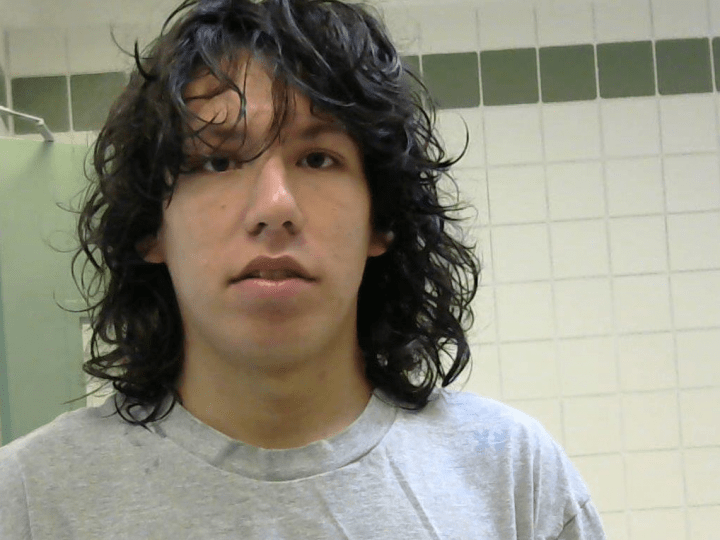Could administering medication be the answer to help sex offenders curb their urges? More and more accused are now offering to undergo chemical castration in exchange for the possibility of a lighter sentence.

Last week, court heard that it was something Jared John Charles would consider if it would help reduce the risk to society.
He kidnapped and sexually assaulted an eight-year-old girl last July in Prince Albert, Sask., who had been left momentarily unattended at a playground. When he was arrested hours later, he told police he took the child because “she looked small and weak.”
Charles was handed an eight-year sentence for the crimes, with the judge describing the facts surrounding the case as horrific and every parent’s worst nightmare.
The judge also had a few recommendations for Correctional Service Canada (CSC) to consider when it came to Charles. These included he receive treatment for FASD, and serve his time in the Regional Psychiatric Centre. There was no mention of chemical castration as a condition, and it’s not something a court can impose.
“It has been difficult for us at times to get medical professionals to jump both feet into the idea that this is going to work for a particular offender – it’s really difficult to know,” Saskatoon criminal defence lawyer Brian Pfefferle said.
He provided legal counsel to both Shane Pattison and Russell Wolfe, who are now deemed long-term offenders for victimizing children. Court also heard that Pattison and Wolfe had expressed interest in chemical castration to reduce their urges as well as their possible sentence.
“Understanding that the potential for an accused person to spend the rest of their natural life in jail is present, sometimes accused persons will look at all avenues including use of chemical sterilization techniques,” Pfefferle added.
According to one research report by CSC, the administration of antiandrogen medication, or chemical castration, is just as effective as surgical castration.
Desired effects that have been achieved through the injections include: decrease in erotic fantasy; decreased frequency in erections and orgasms; reduction in sexual drive and activity; and less irritability and aggression.
However, the medication does have potential side-effects such as: weight gain; headaches; fatigue; hot and cold flashes; phlebitis; nausea and vomiting; hyperglycemia; disrupted gall bladder and gastrointestinal function; and sleep disturbances.
In a statement to Global News, CSC said it doesn’t track the number of convicted sex offenders that have undergone the treatment while serving time in a federal institution.
“When an offender is identified as having pathological sexual behaviours, an assessment is conducted to determine if the use of a medication treatment option is appropriate for that offender. This takes into consideration the benefits and risks of the prescription medication,” CSC said in the statement.
“As always, offenders have the right to refuse treatment and therefore the final decision is based on agreement between the attending physician and the offender.”
“Medication to reduce testosterone levels is only one component of treatment and is typically provided in conjunction with cognitive behaviour therapy or another psychological treatment. Prescribed medications are rarely considered a stand-alone treatment for sex offenders.”
Pfefferle said he is unaware of any client of his that has actually gone through with chemical castration as a treatment option or he just hasn’t been privy to their decision.
“There’s a lot of moving parts to this. We don’t want to willy-nilly be injecting people with medication that will change their being if it’s not necessary,” Pfefferle added.
“The easy solution to society’s ills is not often so easy when you get inside and meet the people that are involved in these situations.”

In 2016, Canadian sex offender Gordon Stuckless disclosed that he had been receiving injections of sex-drive-reducing medication for over 10 years in an effort to keep him from re-offending.
He was found guilty in 1997 of sexually assaulting at least 24 boys while working at the former Maple Leaf Gardens as an usher in the decades prior.
Prosecutors, however, still had concerns about Stuckless, despite him undergoing chemical castration since he hadn’t gone through any kind of therapy or counselling to supplement the treatment, and couldn’t legally be forced to keep up the injections if he no longer wanted to.





Comments